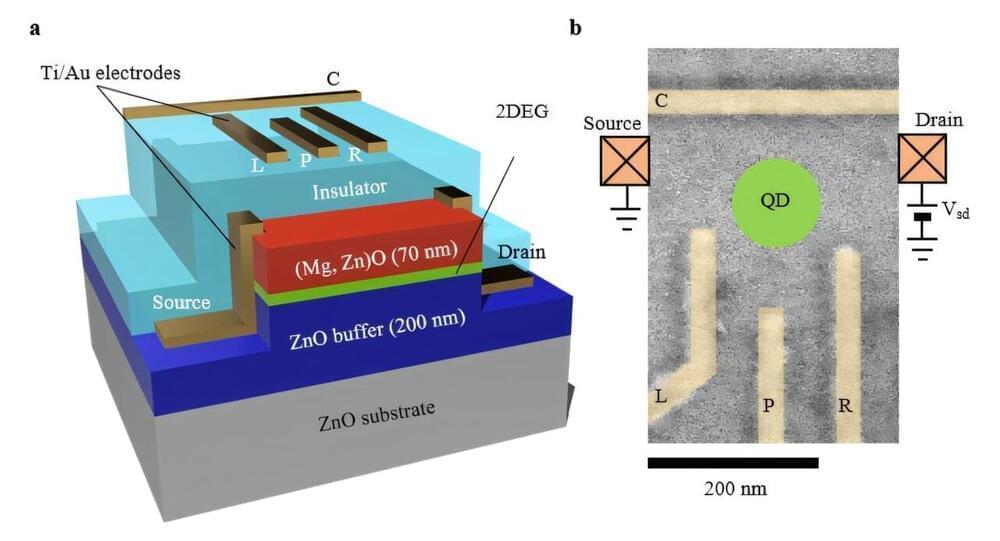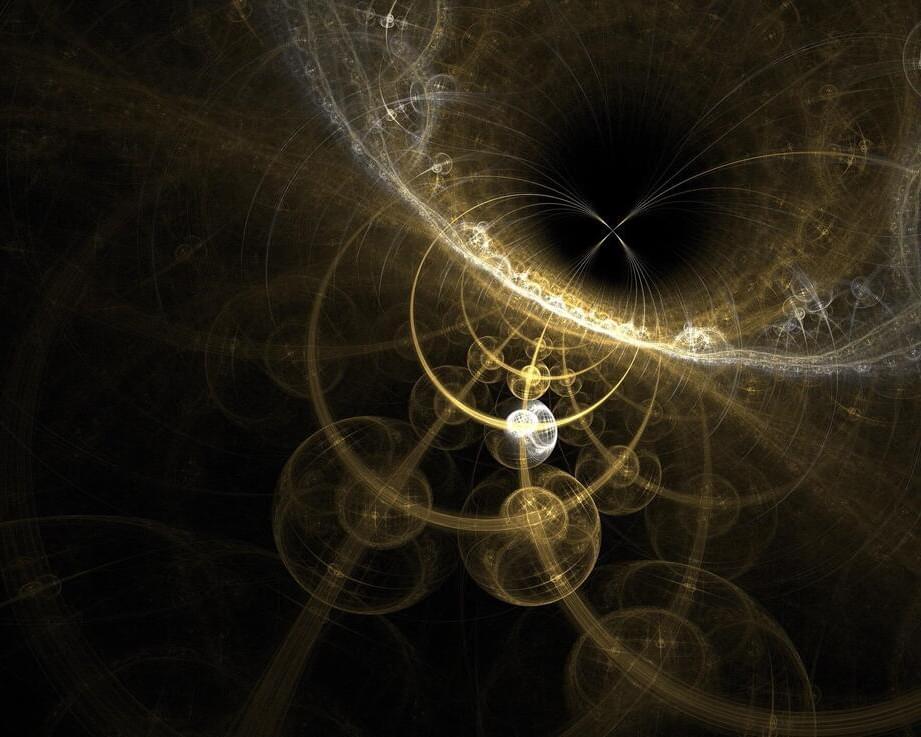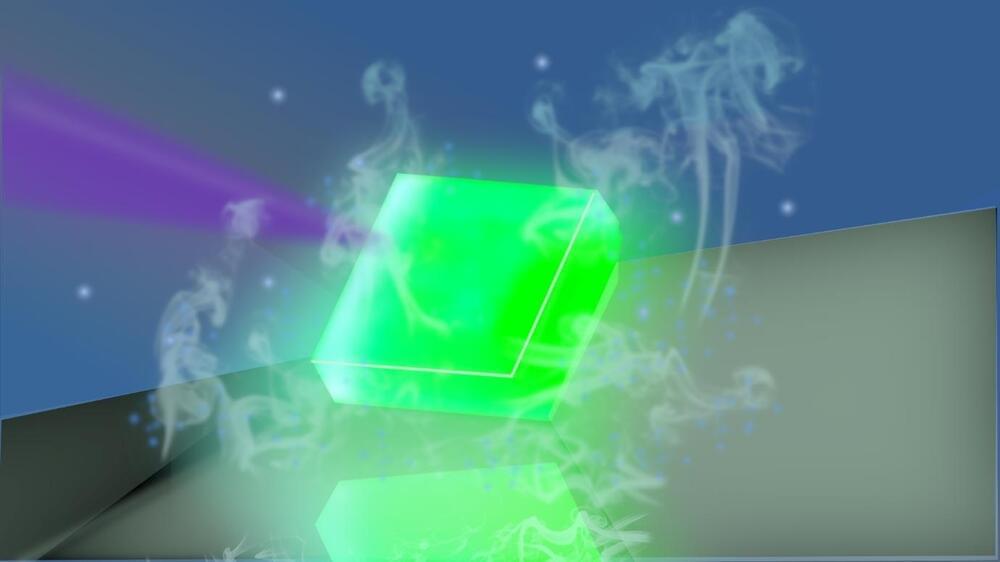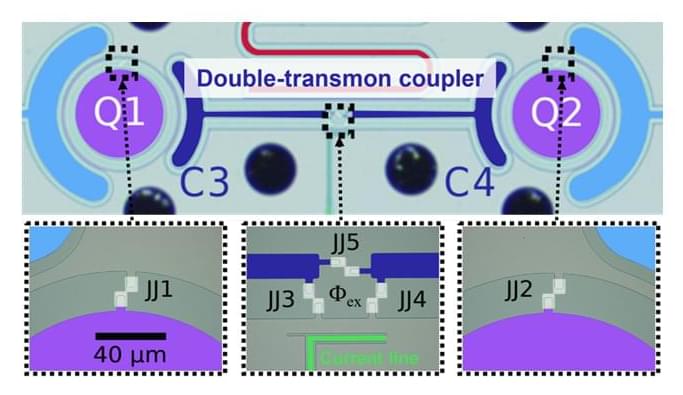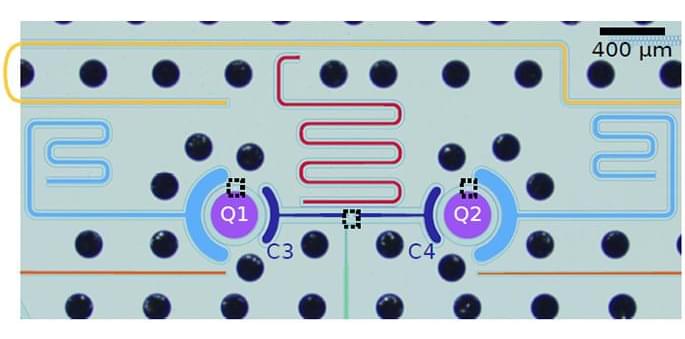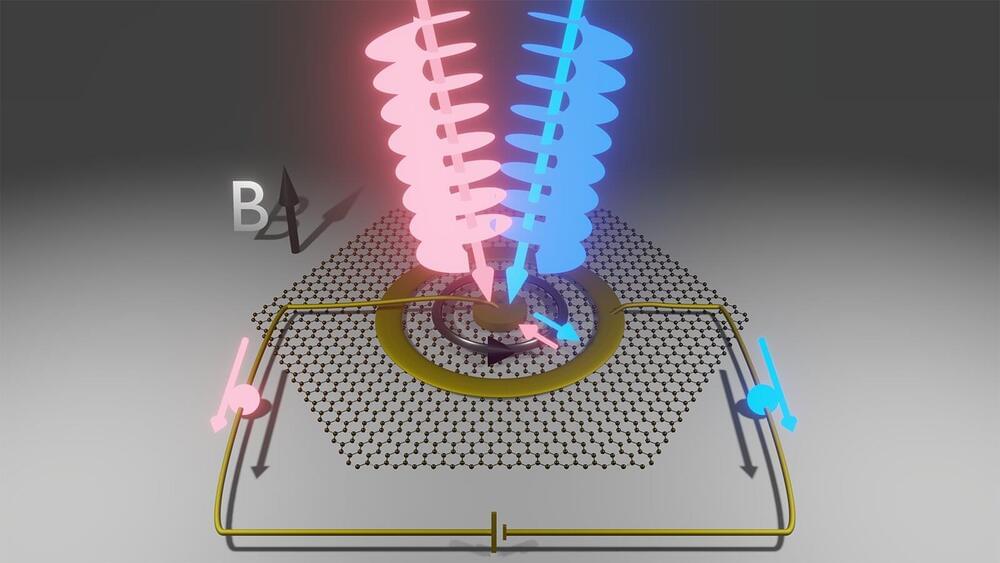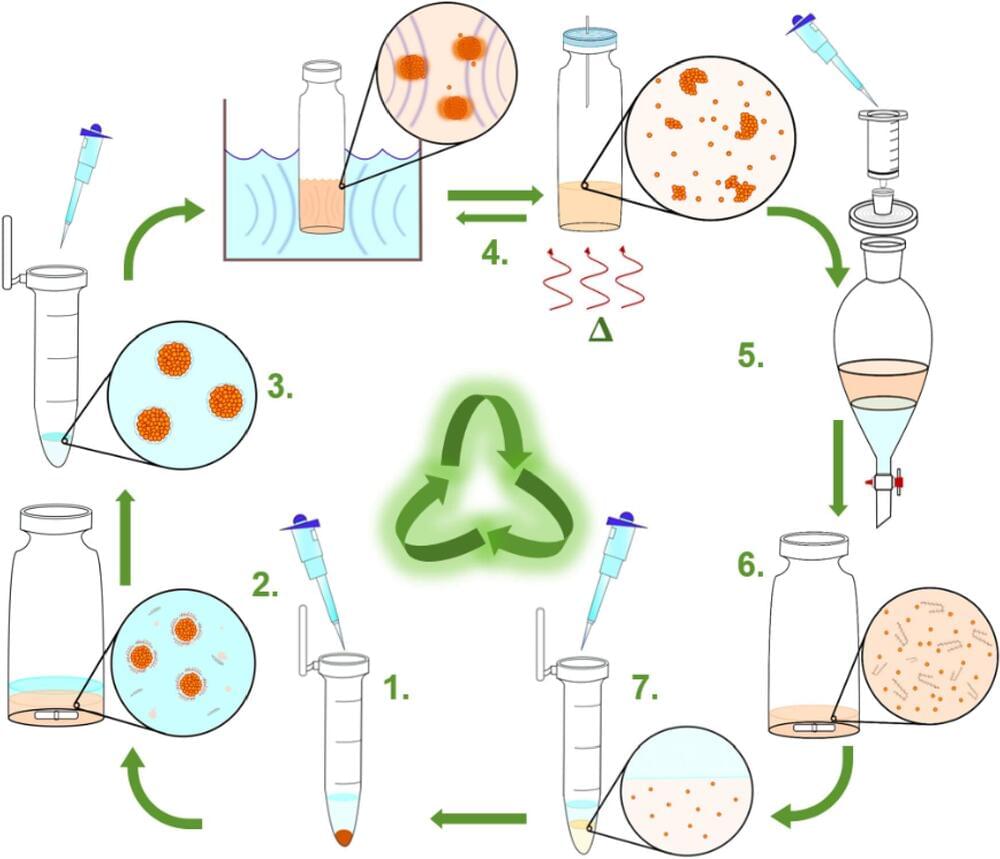Researchers at the University of Twente, Netherlands, have made an advancement in bioprinting technology that could transform how we create vascularized tissues. Their innovative bioink, recently featured in Advanced Healthcare Materials, introduces a way to precisely guide the growth and organization of tiny blood vessels within 3D-bioprinted tissues. The tiny blood vessels mimic the intricate networks found in the human body.
3D-printed organs have the potential to revolutionize medicine by providing solutions for organ failure, and tissue damage and developing new therapies. But a major challenge is ensuring these printed tissues receive enough nutrients and oxygen, which is critical for their survival and function. Without blood vessels, these tissues can’t efficiently obtain nutrients or remove waste, limiting their effectiveness. Therefore, the ability to 3D-bioprint blood vessels is a crucial advancement.
Tissue engineers could already position blood vessels during the bioprinting process, but these vessels often remodel unpredictably when cultured in the lab or implanted in the body, reducing the effectiveness of the engineered tissue. The programmable bioink developed by the University of Twente team addresses this issue by providing dynamic control over vessel growth and remodeling over time. This opens new possibilities for creating engineered tissues with long-term functionality and adaptability.

